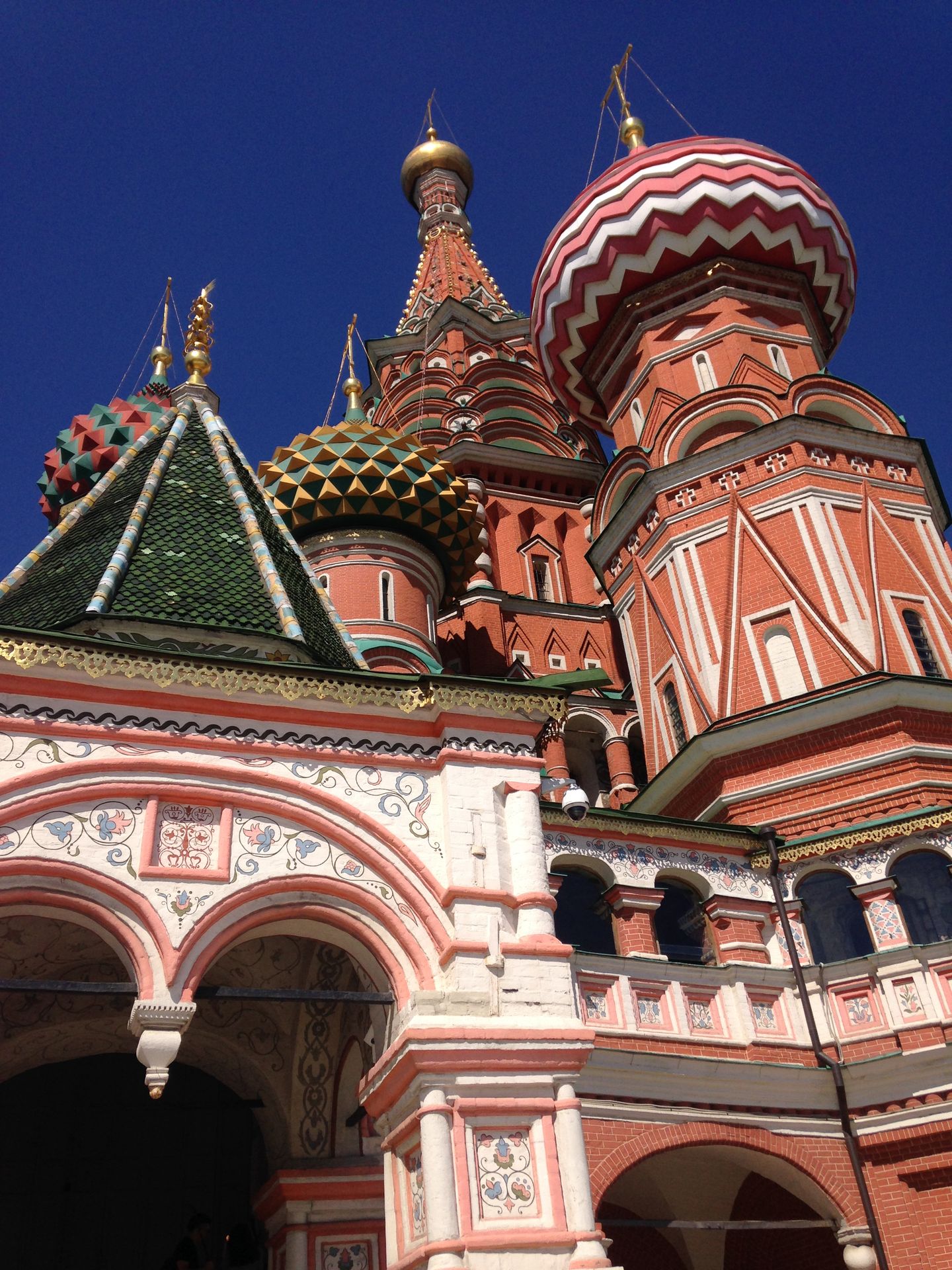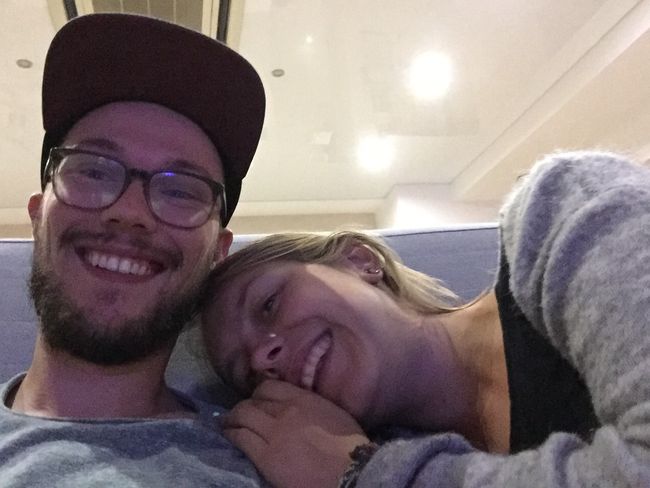Twelfth section Low Price very cheap very good quality
ຈັດພີມມາ: 19.11.2018
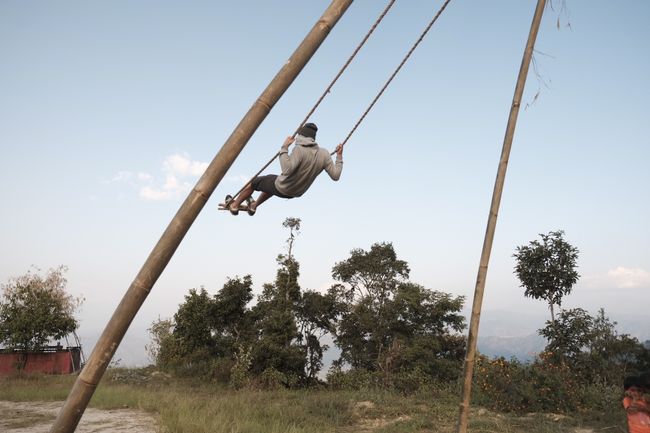
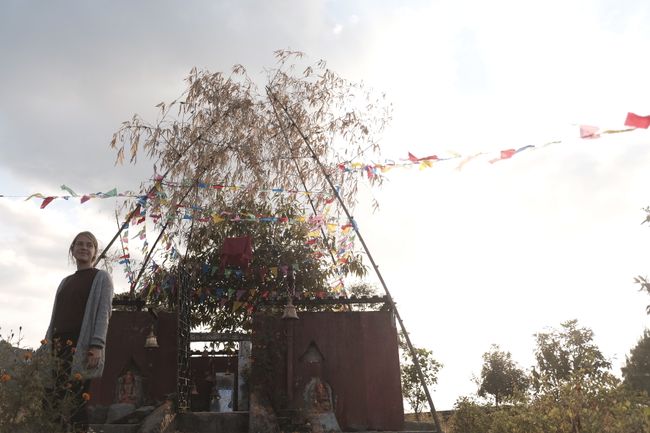
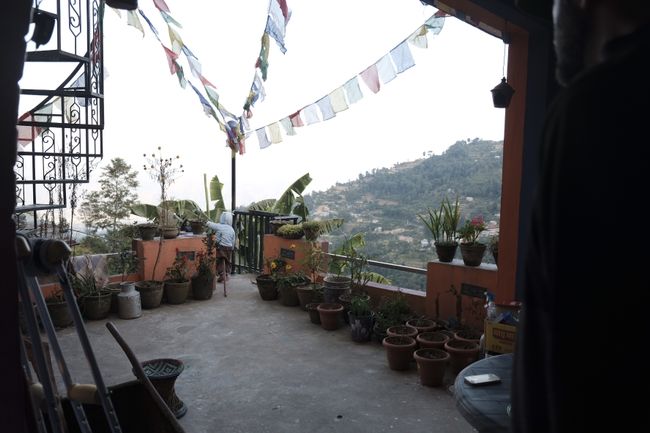
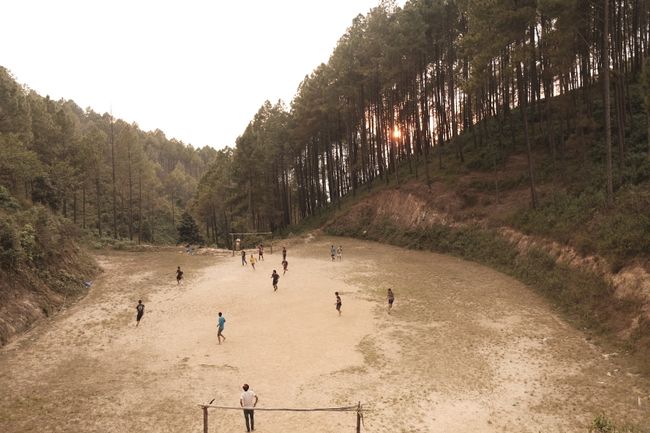
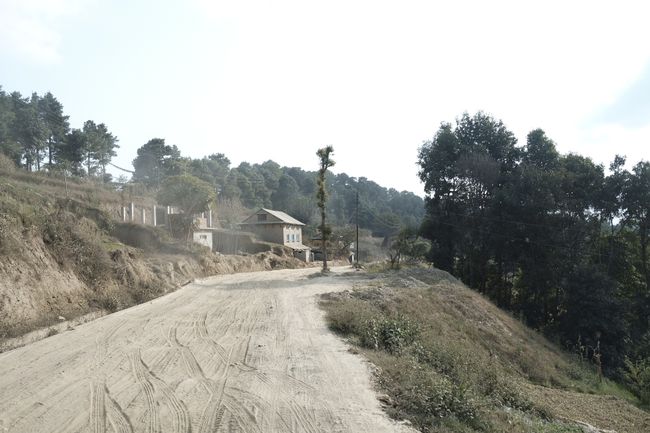
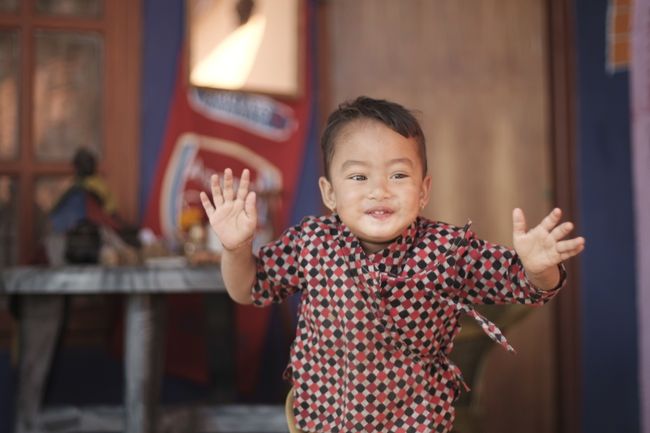
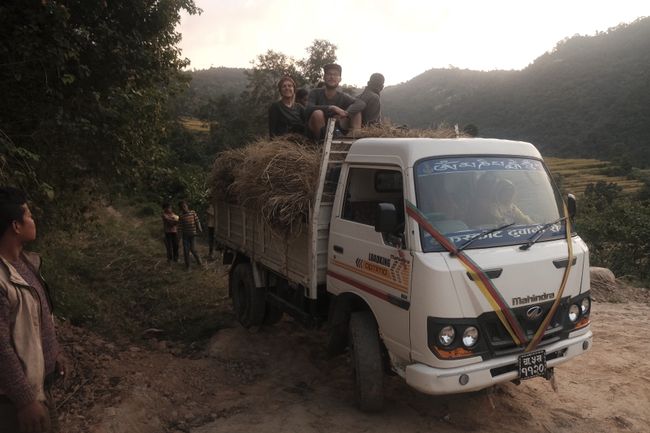
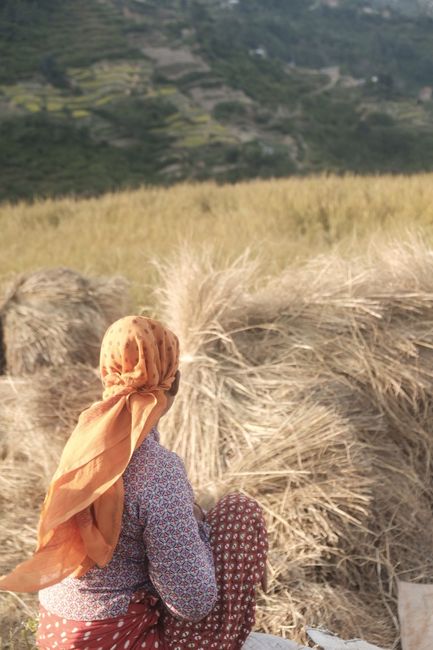
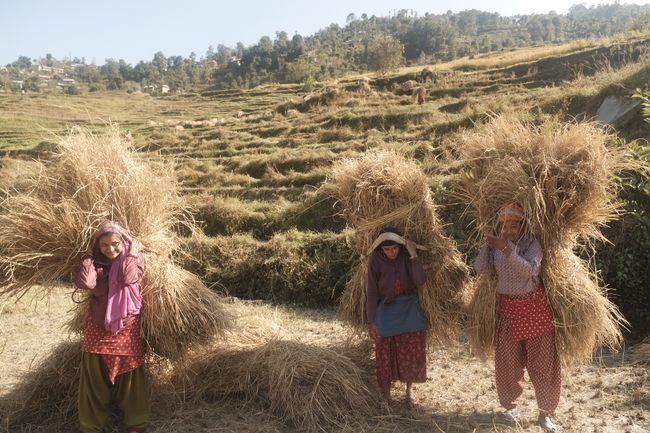
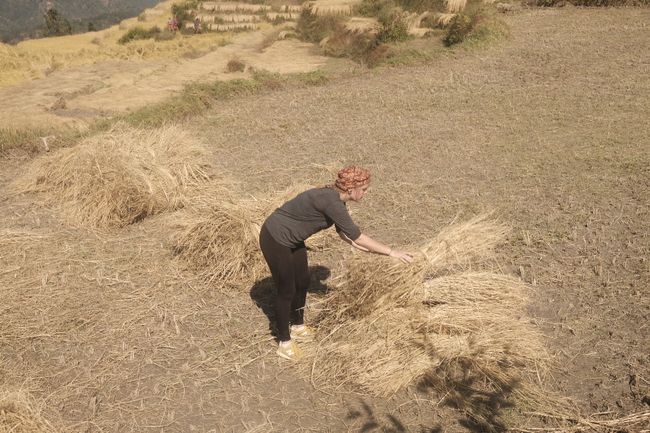
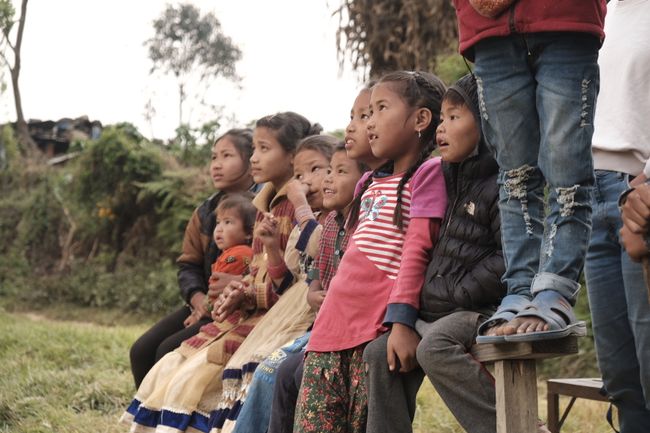
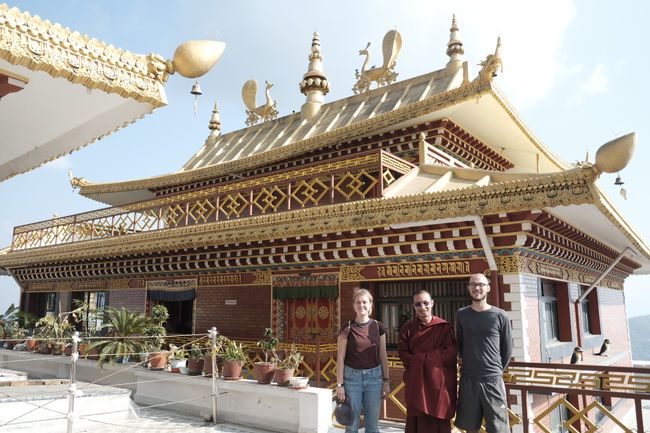
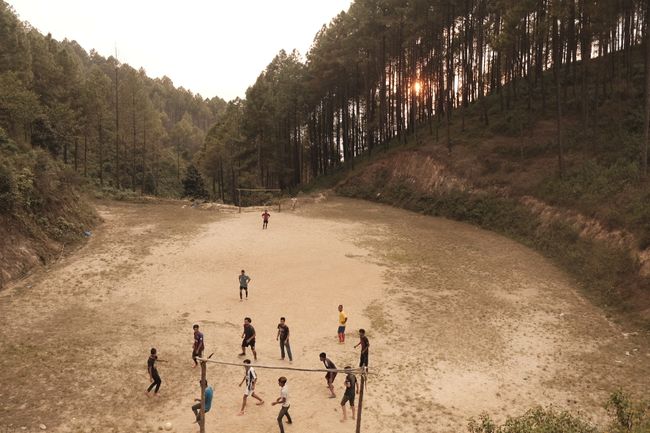
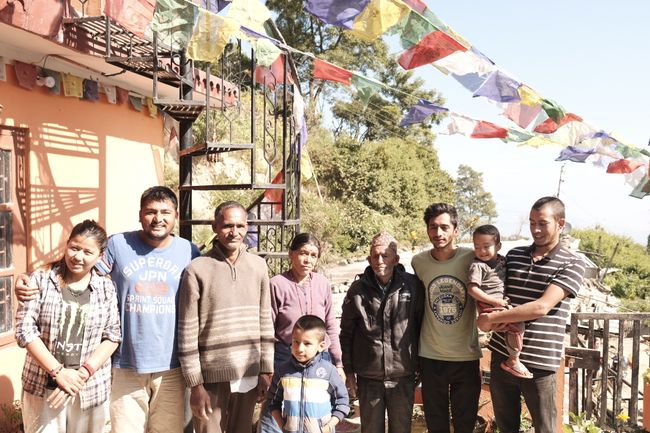
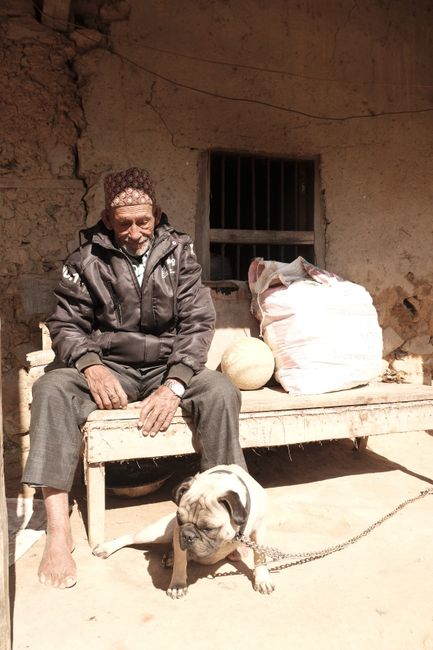
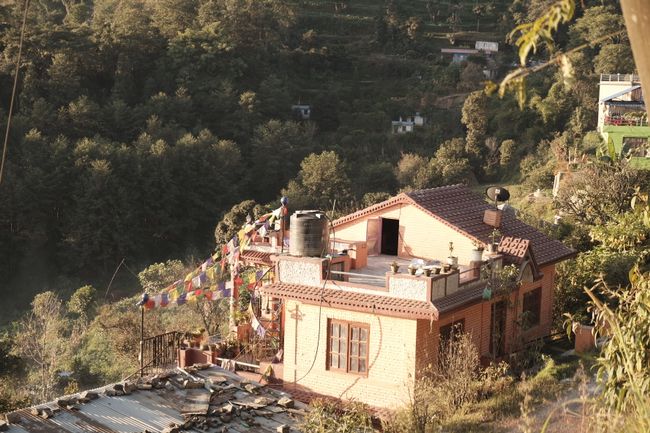
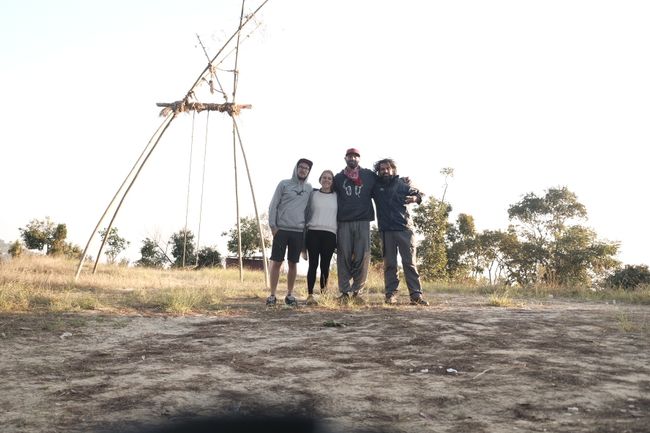
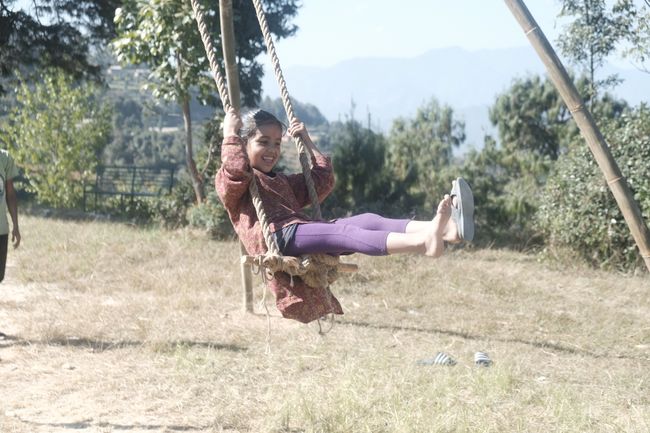
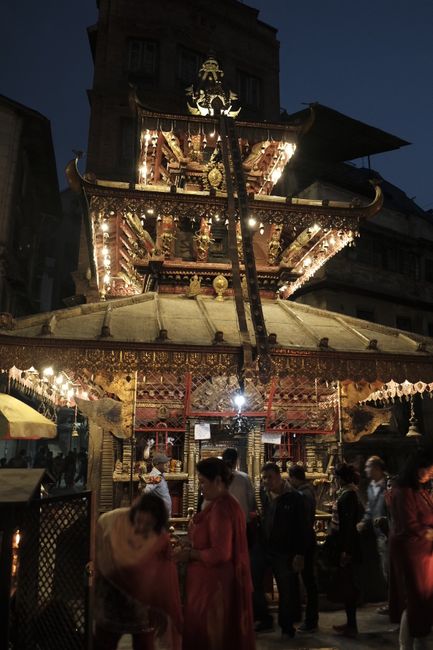
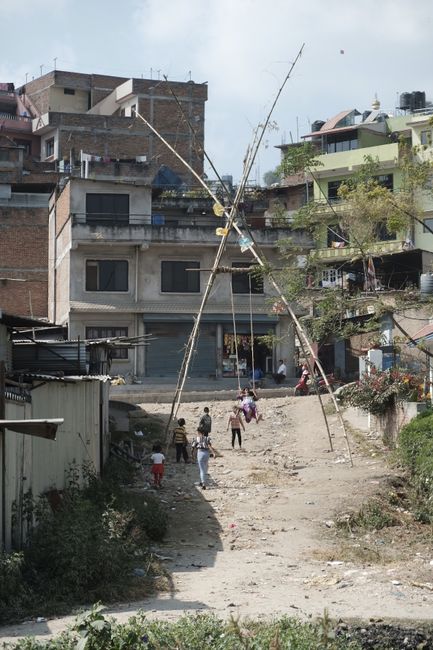
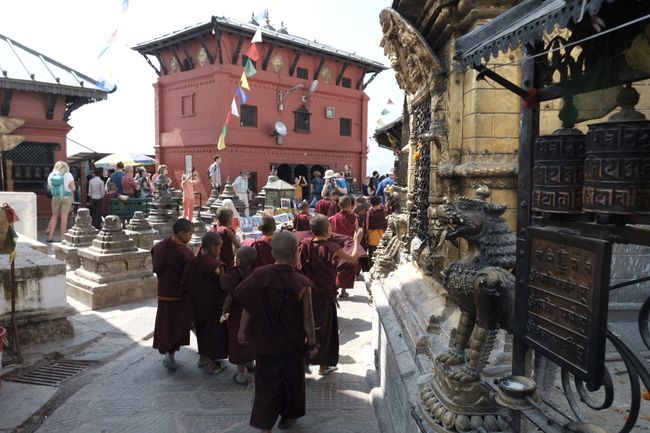
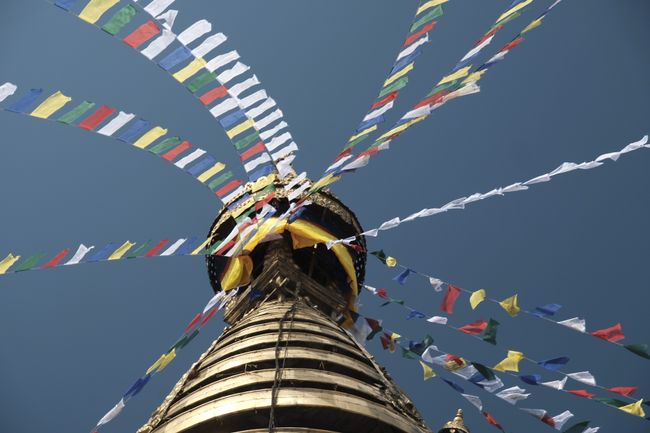
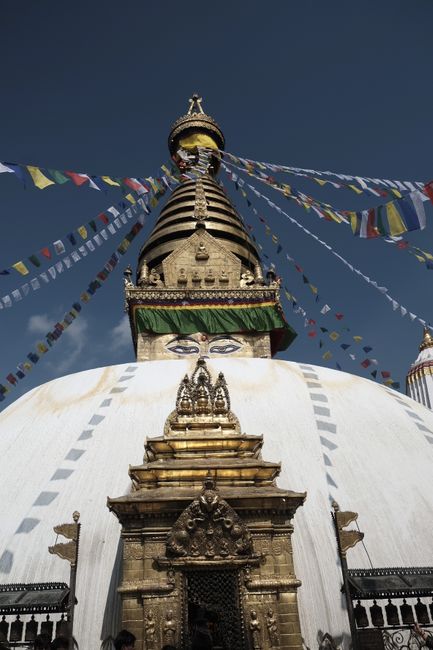
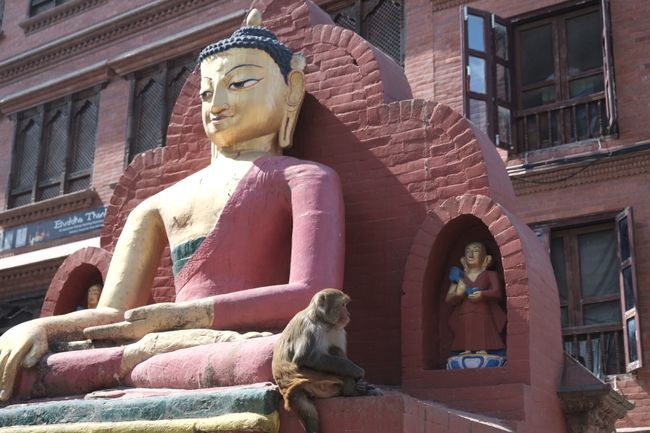
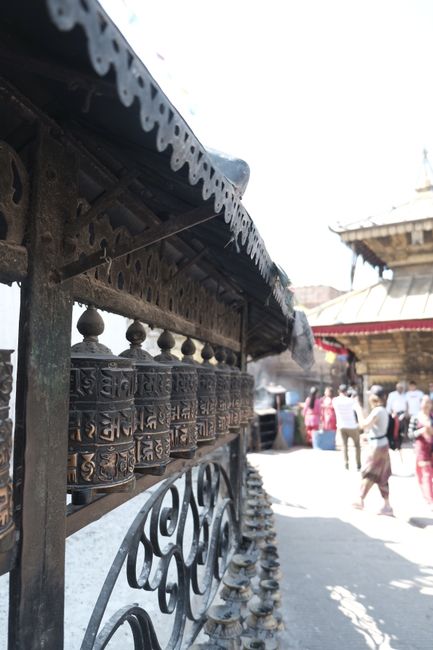
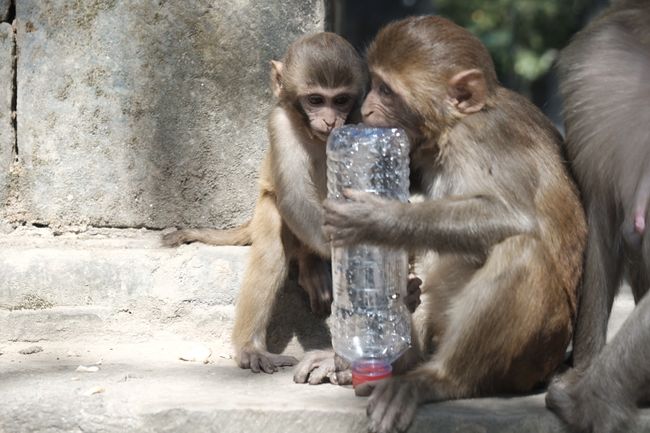
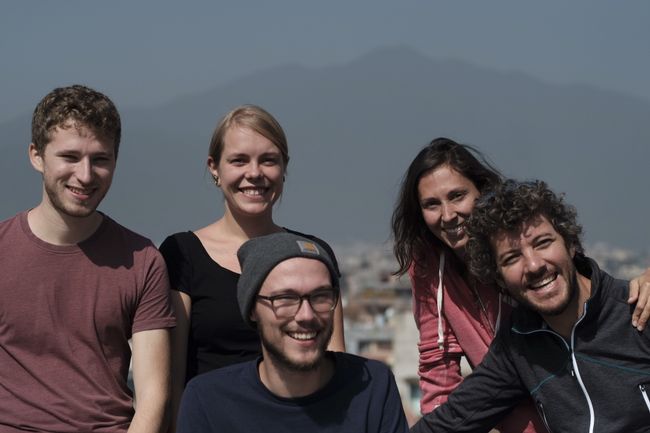
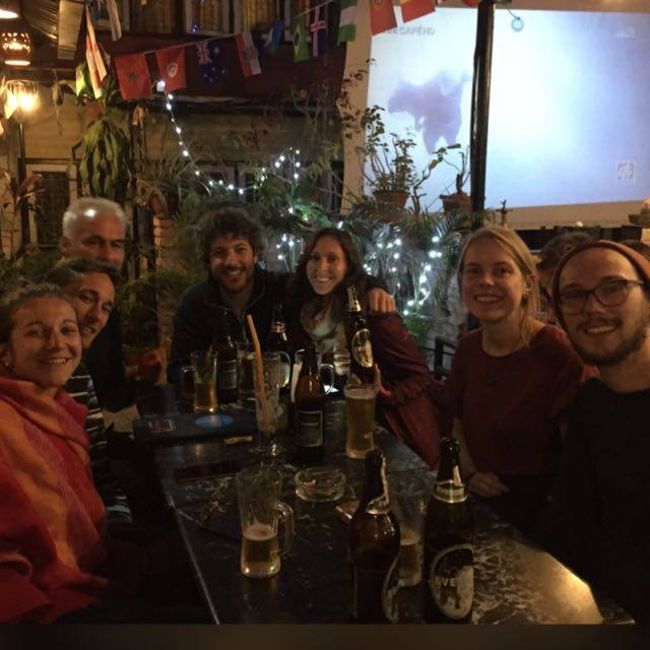
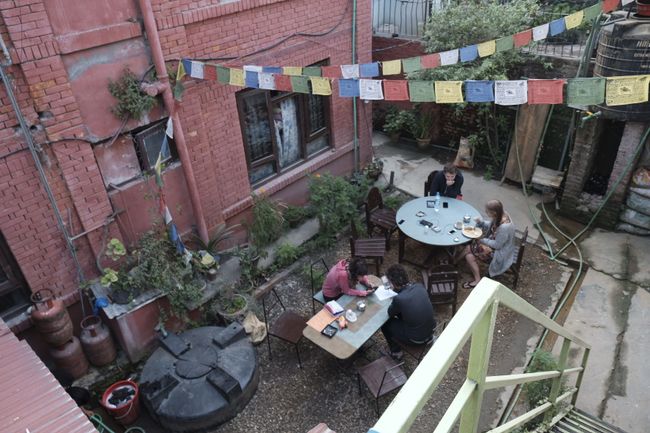
ຈອງຈົດຫມາຍຂ່າວ
After leaving China, we flew to Nepal via Thailand, where we had our first visa on arrival experience. And it was terrible. At the airport, you have to fill out a form, submit passport photos, and then pay $100 for 90 days. Sounds simple enough. Filling out the form was the easiest part and everything went smoothly so far. The photo part was mediocre, unfortunately we had our passport photos in our checked luggage, so we couldn't use them. Fortunately, there are machines where you can scan your passport photo. However, half of them were broken, so scanning the photos took longer. The worst part, however, was paying. The card reader was broken, so we could only pay in cash. However, the ATM in the arrival hall was also broken, so not only did we not have enough cash, but other tourists were also stranded there. After various tourists talked to the staff, they allowed us to submit our passports and then be escorted by airport staff in small groups to an ATM outside the airport. However, the ATM only accepted Visa and not MasterCard, so a group of other Germans had to borrow $200 from a taxi driver. Luckily, we were able to withdraw the money for the visa. However, we had to exchange the currency into dollars again in the arrival hall because you can't pay for the visa with Nepalese Rupees. So we could only start searching for our luggage three hours after landing. The luggage belt had long stopped and our backpacks were just lying around somewhere. Furthermore, one of the sleeping bags was missing, which, after the camera, was probably the most expensive thing we were carrying around. So we had to fill out a whole stack of additional forms after all the hassle. After several phone calls and two more visits to the airport, we now know that we will receive $80 compensation for our €400 sleeping bag. And it may still take a while. Fortunately, everyone in Kathmandu sells 'original' North Face trekking equipment, which, unlike in Europe, is always equipped with a Gore-tex membrane. So I was able to buy a Gore-tex down sleeping bag for €40.
After that, we arrived safely at the hostel and immediately met many people while eating. It is immediately noticeable that Nepal is a backpacker country and much more touristy than any place we visited before. And so the first few days in Kathmandu passed. We visited the usual sights in Kathmandu, including Durba Square, the Monkey Temple, and the old town in general, which all have their bustling charm but are also very dirty (not only is it always dusty, there is also plastic waste almost everywhere) and noisy. You can see that Nepal has been through a tough time in recent years, starting with the civil war between 1996 and 2008, where the royal family, the Maoists, and the formerly established parties and their supporters fought for power. A curious highlight of this dispute is the murder of 7 members of the royal family in 2001 by the crown prince, who is said to have then committed suicide. However, there are doubts about the course of events. In total, 12,700 people fell victim to the guerrilla wars in Nepal during this period until the king was deposed and a parliament was formed in 2008.
In addition, Nepal was hit by a severe earthquake in 2015, which caused devastation throughout the country, which is still visible today. The reconstruction is hindered by the already shockingly poor infrastructure as well as by the embezzlement of funds in the authorities.
We had a special experience at Ashupatinath, a Hindu temple, which, as we later discovered, is known for cremating people as part of classical Hindu funerals. So people who know they are about to die come to the temple specifically to die and be cremated there. However, the temple will be remembered differently by us. First, we saw a group of people sitting in front of a stupa on a ledge. Since this would have made a perfect photo, I politely asked the group if I could take a picture of them in front of the temple and received mixed reactions. One of the younger ones smiled at me and said it was no problem, but an older man who was sitting next to him on a cushion jumped up and tried to hit me with the cushion. Not so nice. Still a bit shocked, we continued on and came across a group of Hindu monks who laughed kindly, waved us over, and offered to take a photo with them. And boom! We fell into the first tourist trap because afterward, they wanted a whopping ten euros from us for it, which is a lot of money in Nepal. So we gave them 100 rupees (about 70 cents), which satisfied them. However, we couldn't visit the temple itself despite paying 1000 rupees because it is reserved for Hindus, although this was never mentioned when buying the tickets. So not nice either.
After five days in Kathmandu, we set off to a young married couple that we contacted through Workaway. Workaway is a platform similar to Wwoof, where we spent two weeks on a farm in Russia. The big difference is that in poorer countries, you sometimes have to pay a small amount for food and accommodation. In principle, there is nothing wrong with not living at the expense of others in a poorer country, but it is still strange because you are working there. But more on that later. We took a local bus to the nearest town and then changed to another bus. We traveled about 30 km in total, but due to the crowded and poorly maintained roads, it still took 3 hours. But we quickly arrived at the farm. Besides the many relatives of the married couple, all 4 generations live under one roof, we also got to know Ricardo from Portugal and Chad and Jenny from Florida, who were also volunteering there. On the first evening, we all went up the mountain together and made a fire at sunset. Chad, who had already filmed for Hollywood movies with his drone, made an amazing video of us during that time.
The daily life on the farm was usually very similar. Kissed by the sun, we got up between seven and eight and first cleaned and swept the terrace. The terrace was on the first floor and also served as a hallway. The volunteer rooms were located there, so the terrace was a bit of our area where we would make a fire and drink beer together in the evenings. That's why the next morning we would clean it again. Then we usually went downstairs and no matter who we met first, we were immediately offered a milky tea. Milky tea is black tea that is cooked with milk instead of water and sweetened, and it is served with a banana and a few crackers for breakfast. After that, Marie and I usually helped Rupa with cooking for lunch, which took place at 11 am, as Nepalis usually do not eat breakfast. So we peeled garlic, cut onions, and chopped vegetables. At 11 o'clock, we had lunch, which was Dhal Bat every day (also for dinner), which is rice with Dhal (a lentil sauce) and usually potato curry and spinach. Dhal Bat is something like the national dish of Nepal, and it is always a good choice in restaurants because traditionally, there is always a second helping. This makes it especially popular for hikes because you can really dig in after a hard day. From 12 to 4 pm, we would work in the fields. We usually harvested mustard or spinach, which the family grew themselves. One day, we were taken to a neighboring family for rice harvesting. This turned out to be a highlight. Not only are rice terraces picturesque, but the work there is also very interesting and can be done without any tools. First, the rice is cut, then the cut rice is bundled together and pounded on a stone in the middle of a tarp to separate the rice from the plant. The bundles of straw are tied together, and 12 of them are tied together to form a large hay bale. This was Marie and my task. The rice on the tarp is then cleaned by fanning it to remove the lightweight straw, and it is packed in sacks weighing 40-50kg. These sacks, along with the straw bales, are then lifted onto the backs of the workers using a strap placed around their heads and carried from the terraces to the nearest road. (Marie and I also tried this method of transportation. It not only looks ridiculous but it is also very straining on the neck.) At the road, we were picked up by a small truck, on which besides the rice and straw, Rikesh's mother and father, four other family members, and Marie and I took a seat. The ride home was something between fear of death and a roller coaster ride and definitely not in line with traffic regulations. Marie was pretty scared and kept sliding back and forth on the straw bales, so in the end, she ended up sitting more on Rikesh's mother's lap than on the straw. The mother, who is usually very reserved, was concerned about Marie, holding her hand and even feeding her some food afterwards after Marie made it clear that she had to hold on with both hands. When we were back home in the evening after work, we had free time until dinner, which we used for reading or smaller trips. One time, we went to the football field with the other volunteers and Rikesh's brothers to watch a game between two groups of friends from the village. Next to us, a group of small children from the village also watched the game, but when Chad started filming the game with his drone, they only got excited about the little helicopter. One morning, we all got up early to watch the sunrise on the mountain. It was a breathtakingly beautiful moment. On the mountain, there is a typical Nepalese swing where you swing standing up, and there is a small stupa. In the morning, you can see the women in the village lighting incense sticks, the children swinging, and in the afternoon, you can find Rikesh's cousins smoking there. They take every opportunity to harvest fresh marijuana by the roadside and smoke it far away from all female supervision (whether it's their mother or wife at home). When we went to the city with the cousins one day, riding on the back of their scooters, they also took the opportunity to smoke. In the city, we bought a small bag full of medicine because it was scarce for the whole family. Especially the agile little children, who were always running around and inspecting everything, constantly needed band-aids.
In the evening, after a second serving of Dhal Bat, we usually enjoyed the evenings on our terrace with Chad, Jenny, and Ricardo, making a fire and drinking beer. Sometimes, Rikesh and his family members would join us as well. On one particularly beautiful evening, we all danced in a circle to the sounds of Nepalese music, and Rikesh challenged Rupa to a traditional dance. It was simply wonderful, and we felt like a small family, together on our rooftop terrace. So Jenny and Marie spent an afternoon making the little paradise even more beautiful by decorating it with prayer flags and cleaning it.
However, when Chad and Jenny left the day before our departure, an unpleasant situation arose. After Jenny had talked to Rupa about the money for the duration of their stay and wanted to give it to her, it turned out that the women on the farm didn't even know that the volunteers were supposed to pay for their stay. This sour note put a small dent in an otherwise perfect week and showed how gender roles are still ingrained in Nepal to some extent. The best part of the week, however, was the time spent with the other volunteers, which is why we met up every day at noon during our two days in Kathmandu before the Annapurna Circuit and spent most of our time eating together.
ຈອງຈົດຫມາຍຂ່າວ
ຄໍາຕອບ
